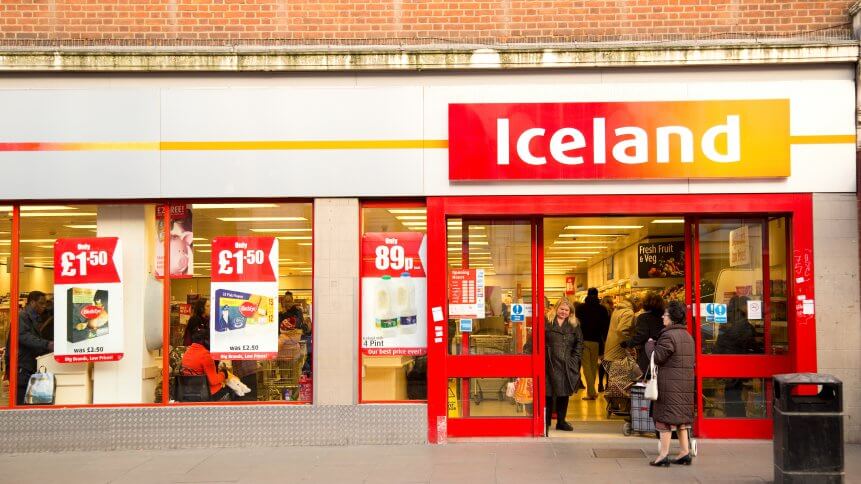Why CX is now the ‘big differentiator’ for brands

“If just the mention of your brand puts a smile on [the customer’s] face and reminds them to do business with you again, you’ve nailed it.”
That’s what good customer experience (CX) means to a specialist on the matter, CEO of AI-driven CX solutions platform Feefo, Matt West.
Indeed, invoking a positive response from your customers on a sheer mention is the holy grail of brand marketing and CX.
But far from a nice-to-have, CX should now be the focus of investment for any customer-facing firms— in fact, it already is among 50 percent of organizations, according to Gartner.
Achieving it successfully could be the difference between your company winning business against 10, 20, or more, other competitors— particularly new startups who are placing CX at the center of their offering.
That’s because customer loyalty no longer hinges on price or product— customers stay loyal to companies based on the experience they receive, and they have plenty of choice in that regard.
What is good CX?
“CX is about crafting each step of the customer journey – from the first time a shopper looks at your website, to when they buy your product or service, and how you treat them afterward,” West told TechHQ.
“It could be a marketing email, a human interaction, a delivery service or a follow-up invitation to leave a review.”
Given that ranging scope— the experience a consumer has at any point of contact with a company, whether it’s a registration form, navigation on-site, or interaction with a delivery driver— improving CX could quickly siphon away budgets.
You can’t afford to ignore it
According to West, CX is now the “big differentiator” in a highly-crowded, competitive marketplace, where consumers take factors such as ease, enjoyment, and transparency for granted when they’re shopping or looking to for a service.
Companies that don’t invest in customer experiences, will likely be punished at the bottom-line. A single bad experience can put customers off, and scupper chances of a return sales, given the number of other options available.
“What’s worse – they may well spread bad vibes about you on social media for everyone to see.”
Customers have more opportunities than ever before to be met with leading CX but, at the same time, they have more opportunities than ever to expose its failures, whether it’s publicly tweeting a company or leaving a negative Google review.
Attention to CX cannot just stop at the sale either; it extends well into the aftersales service and communications.
“There’s plenty of research evidence to show how consumers are very intolerant of poor experiences such as botched deliveries or being bombarded with irrelevant follow-up marketing messages,” West said.
“They may buy your product but they won’t come back and they’re very likely to use social media to tell everyone how poor you are. CX is the main battlespace now.”
YOU MIGHT LIKE

Toronto Pearson Airport is turning to AI to improve CX
Proving a return
The punishment for poor CX may be severe, but the rewards for ‘nailing it’ are high.
By making it possible for customers to find out any aspect of products from thousands of real customer reviews, for example, the Perfume Shop saw web sales conversions increase by 13 percent. Providing customers fast access to the information they needed gave its customers peer-enforced confidence in the specific product they were looking to buy.
Supermarket Iceland also generated tangible improvements to CX by acting on customer feedback relating to its already popular delivery service, by making changes to driver training and using environmentally-friendly packaging.
While markets may be becoming more competitive, meanwhile, it doesn’t mean there isn’t sufficient leeway to take a lead with a thorough CX strategy. According to PwC, while three-quarters (73 percent) of consumers say CX is a standout quality, less than half (49 percent) says companies are providing anything close.
“The best thing any e-commerce company can do is to take customer feedback seriously as a source of intelligence and insight. Retailers must implement effective feedback mechanisms, using the content to respond to customers and get closer to them,” said West.
“Without insight, trends in taste and sentiment can have a sledgehammer impact on your business before you know it.”
TechHQ is an official media partner of eCommerce Expo 2019 arriving in London’s Olympia from September 25-26, where Feefo’s Matt West will be speaking on ‘Turning insight into action – how to get more from your customer feedback’.









